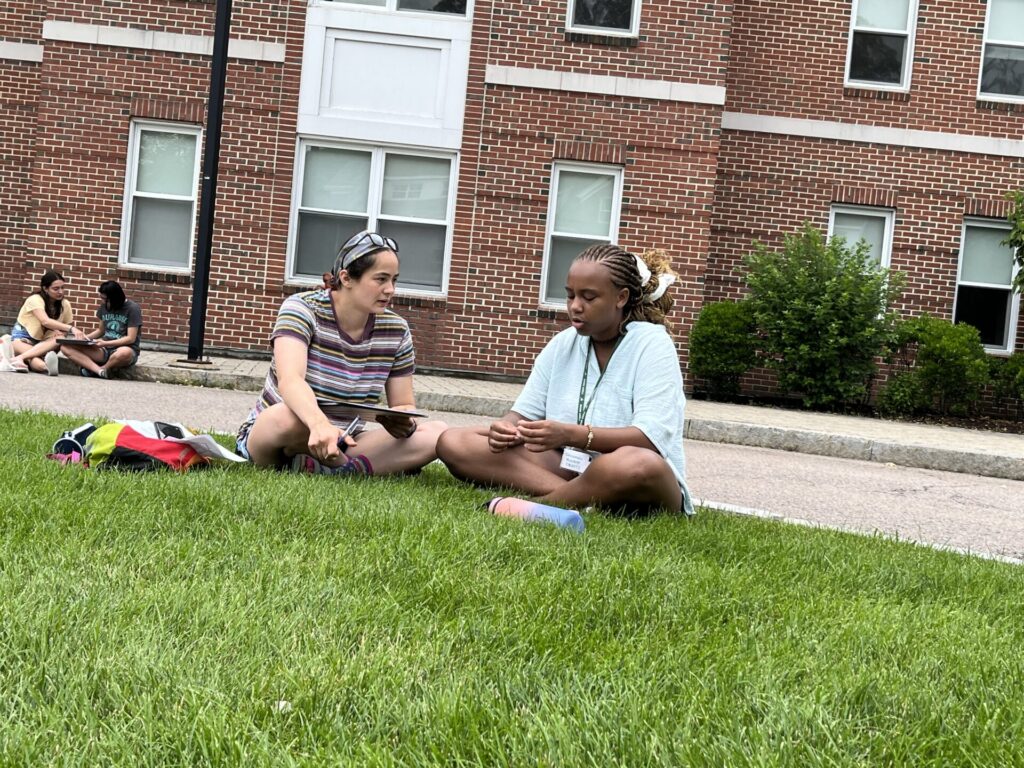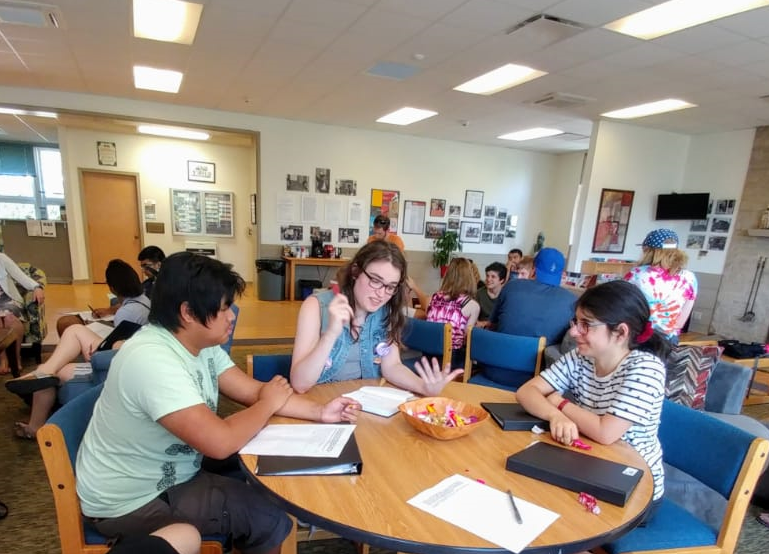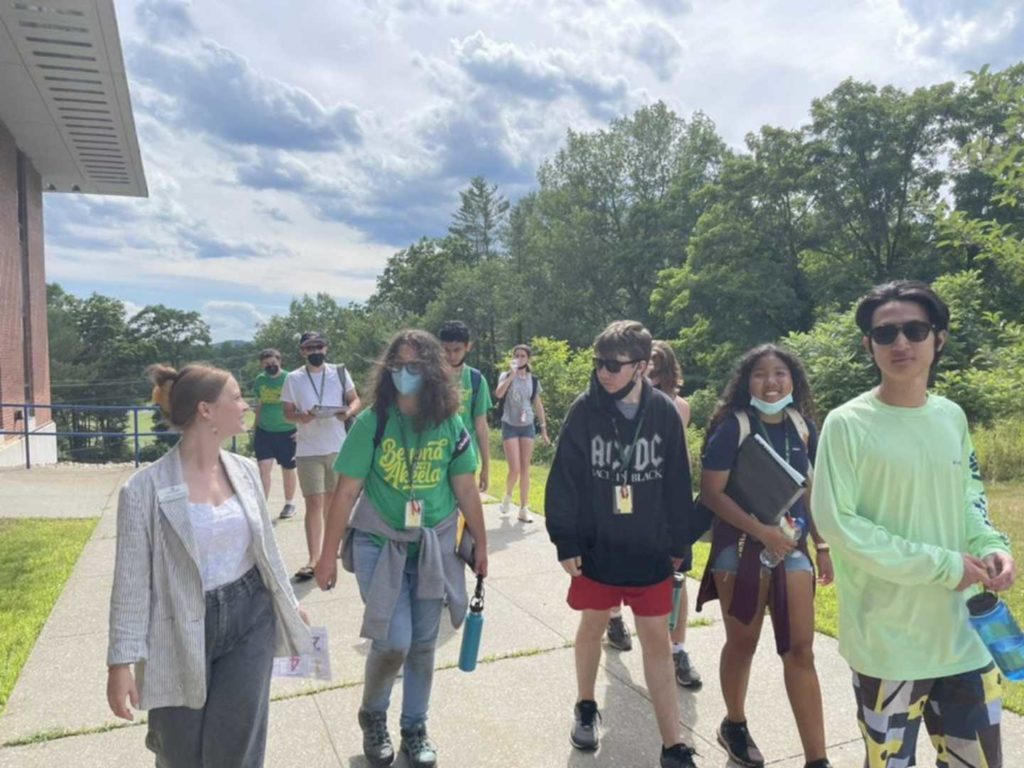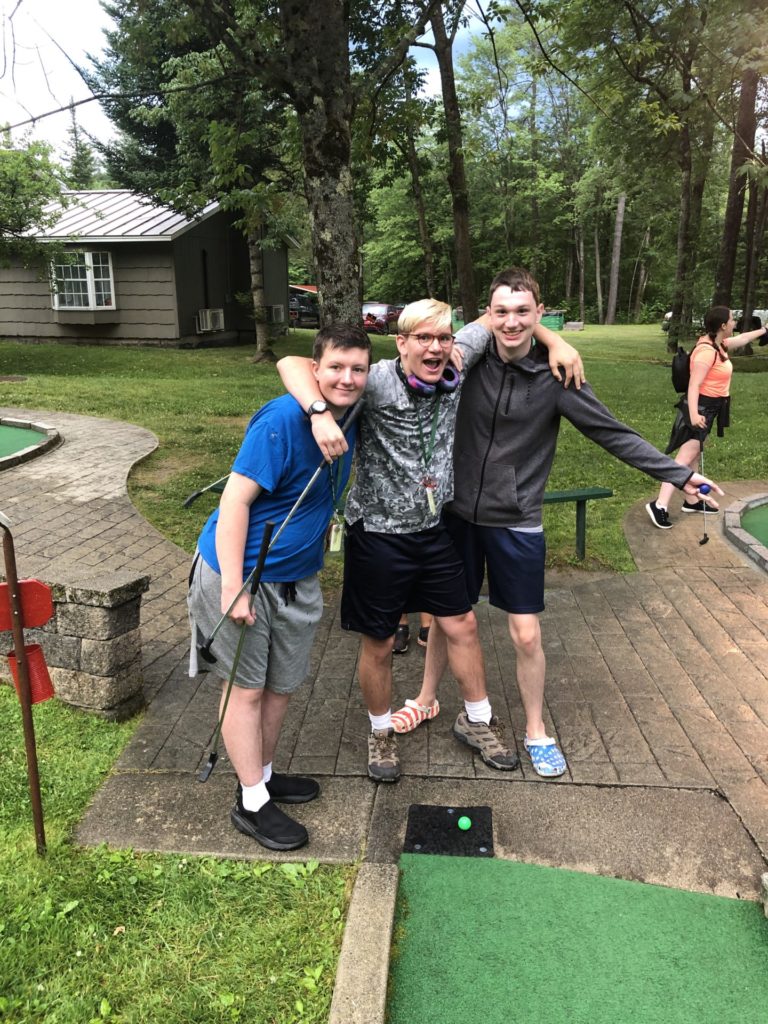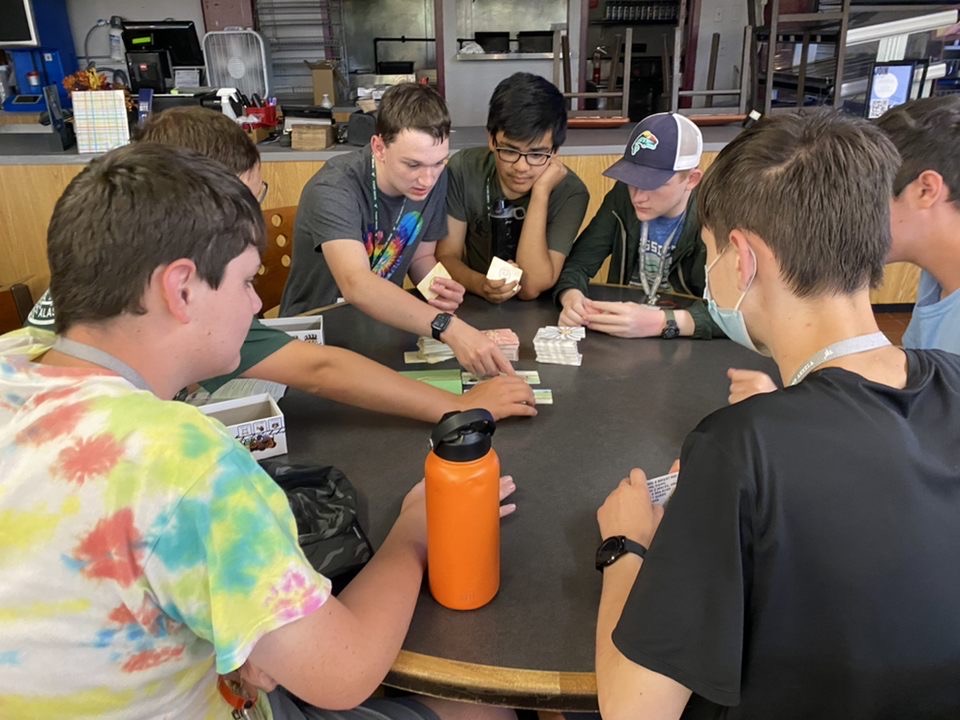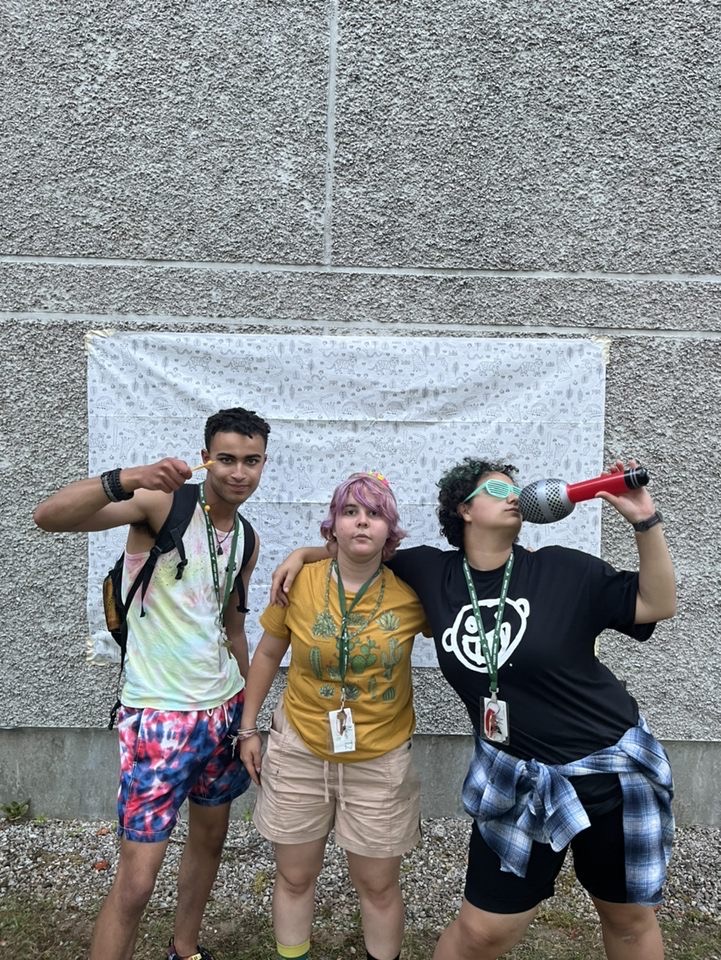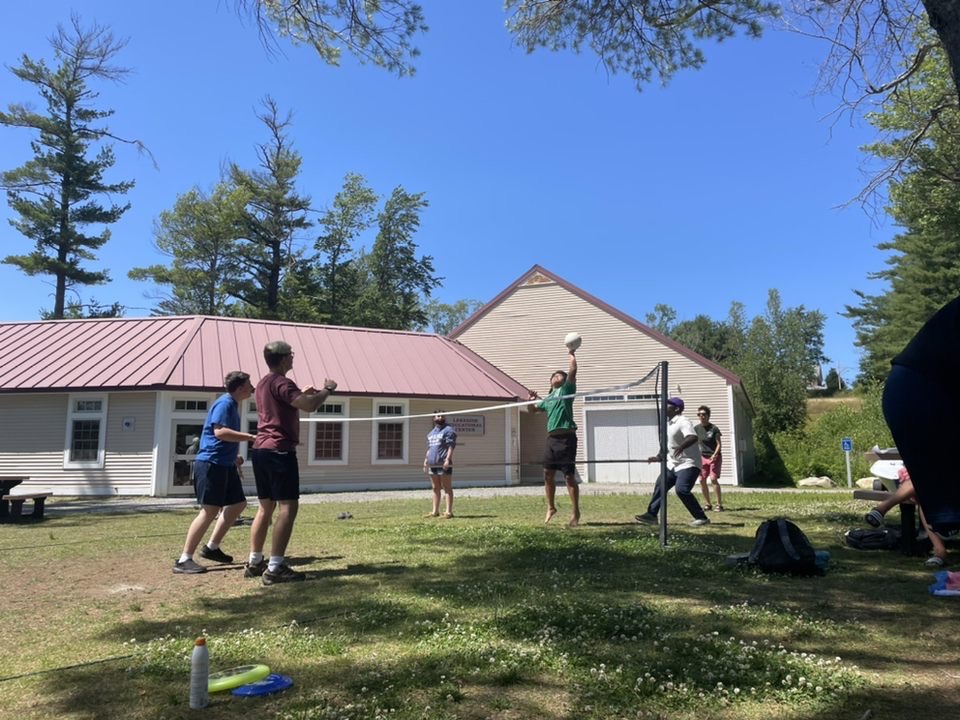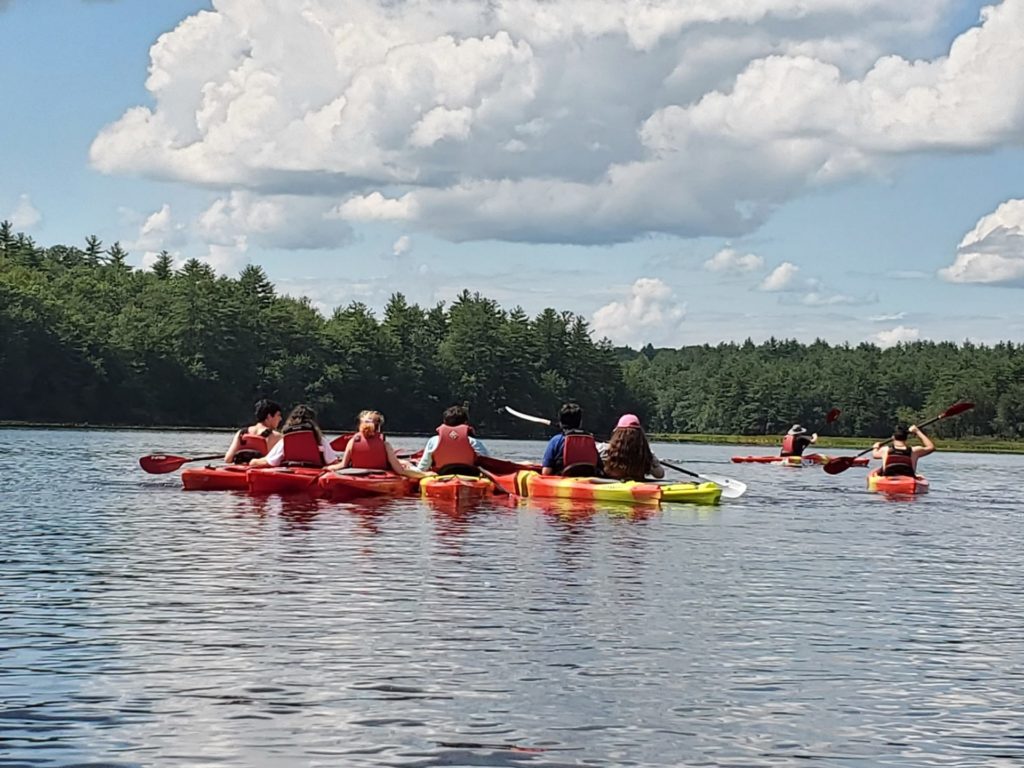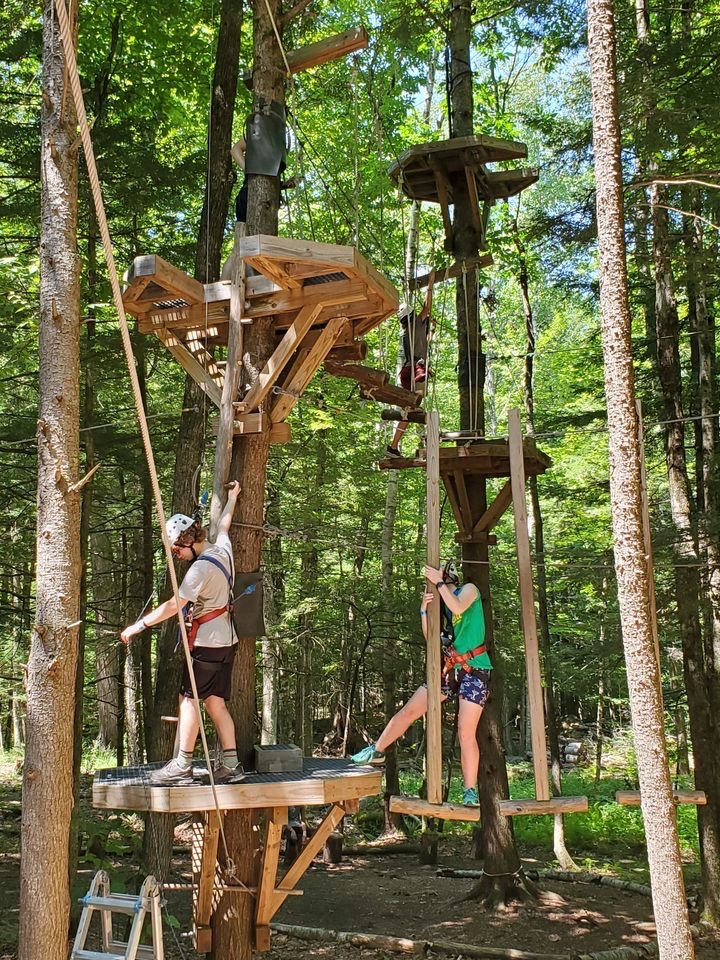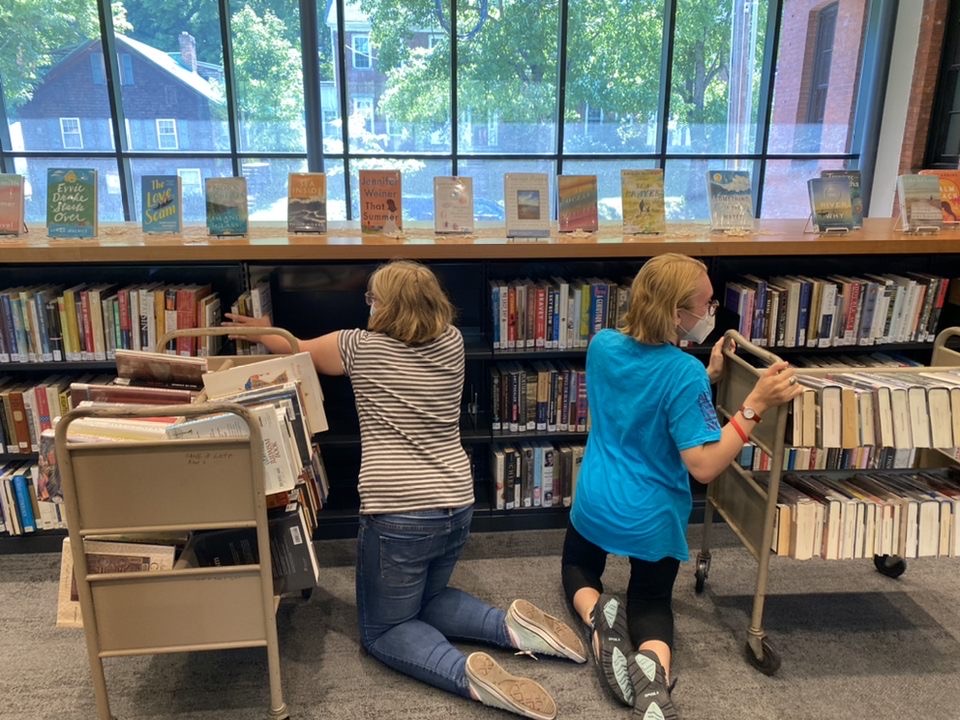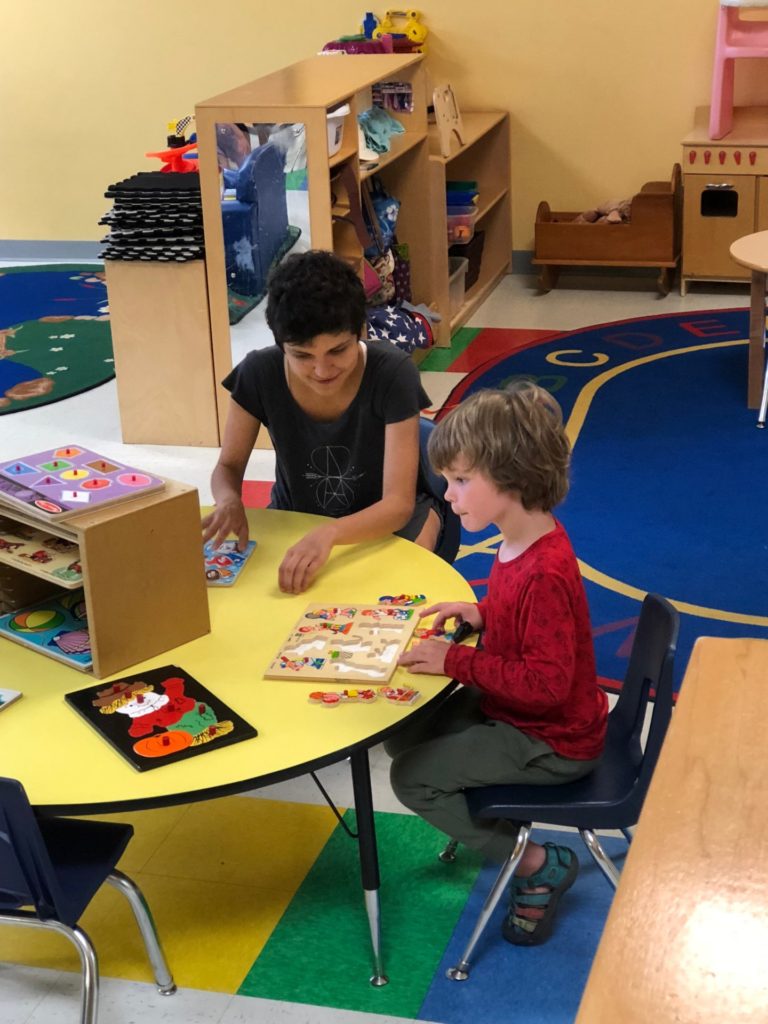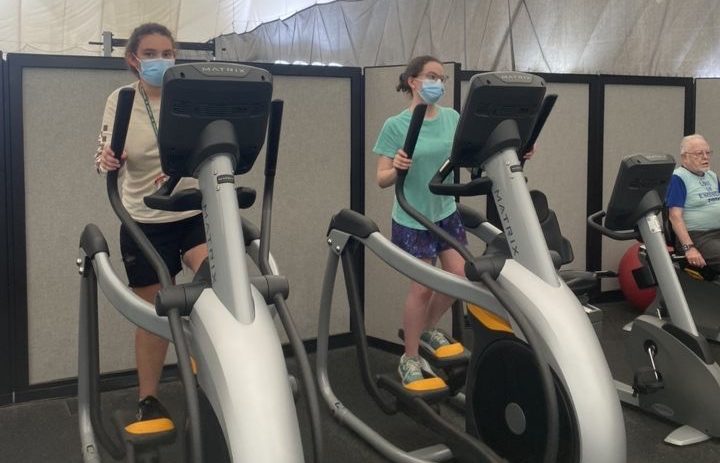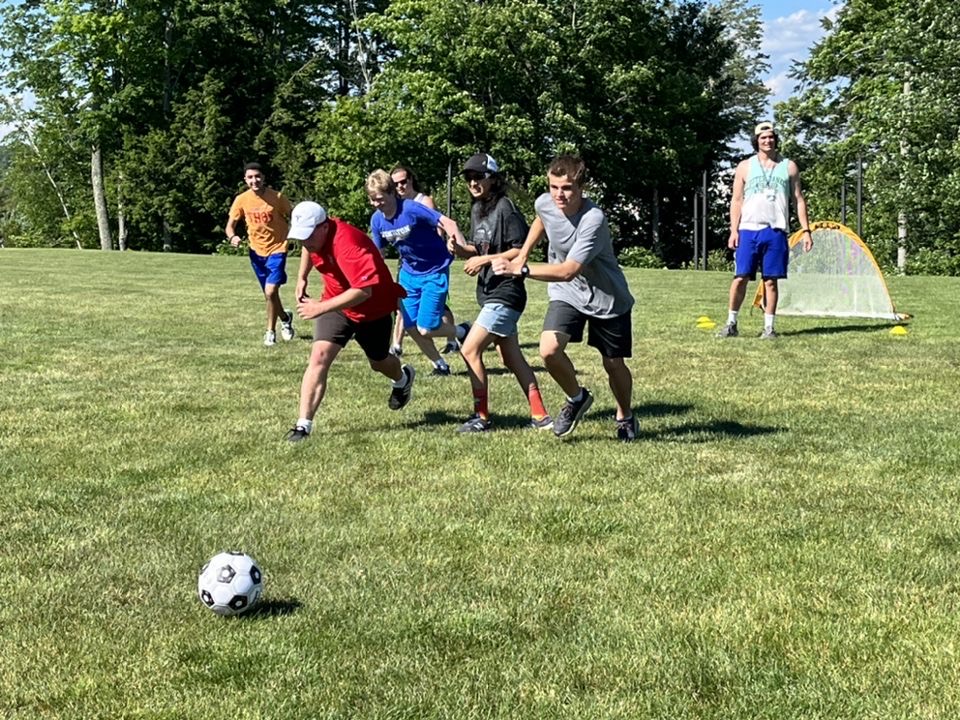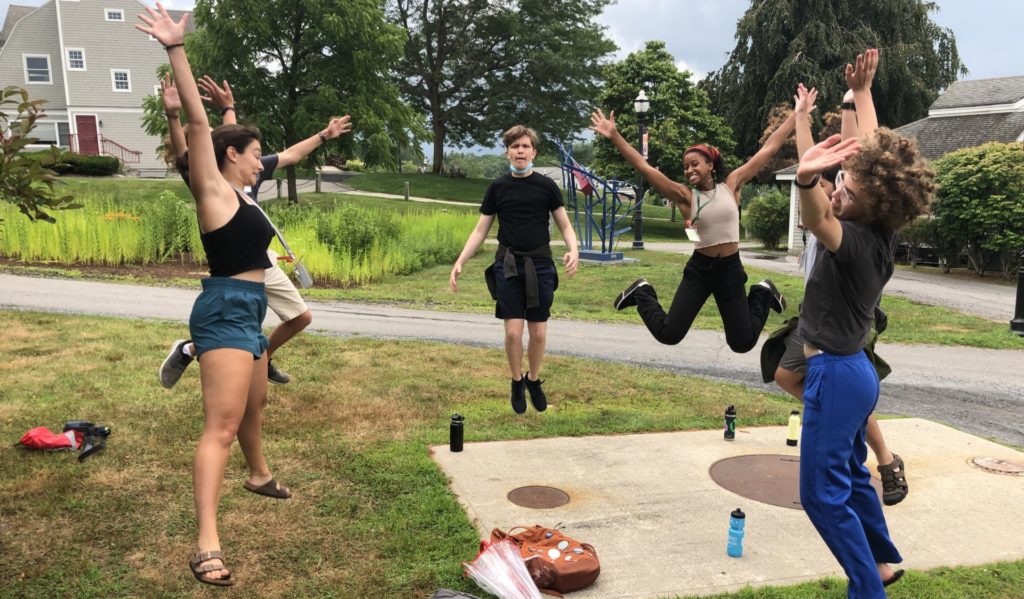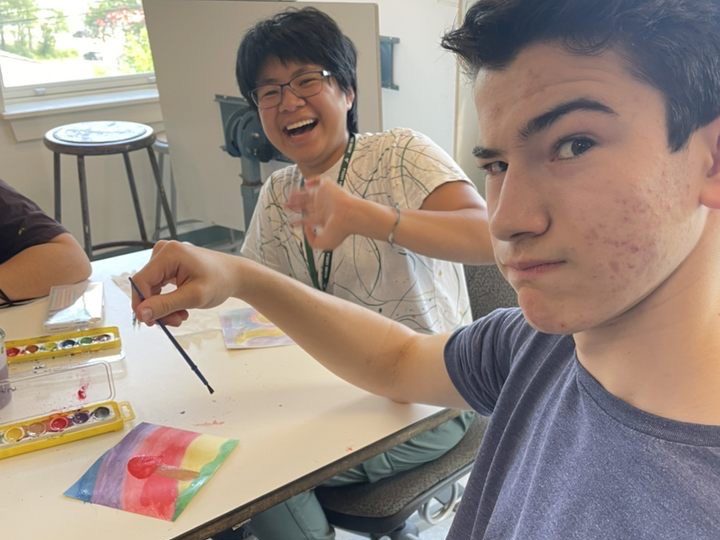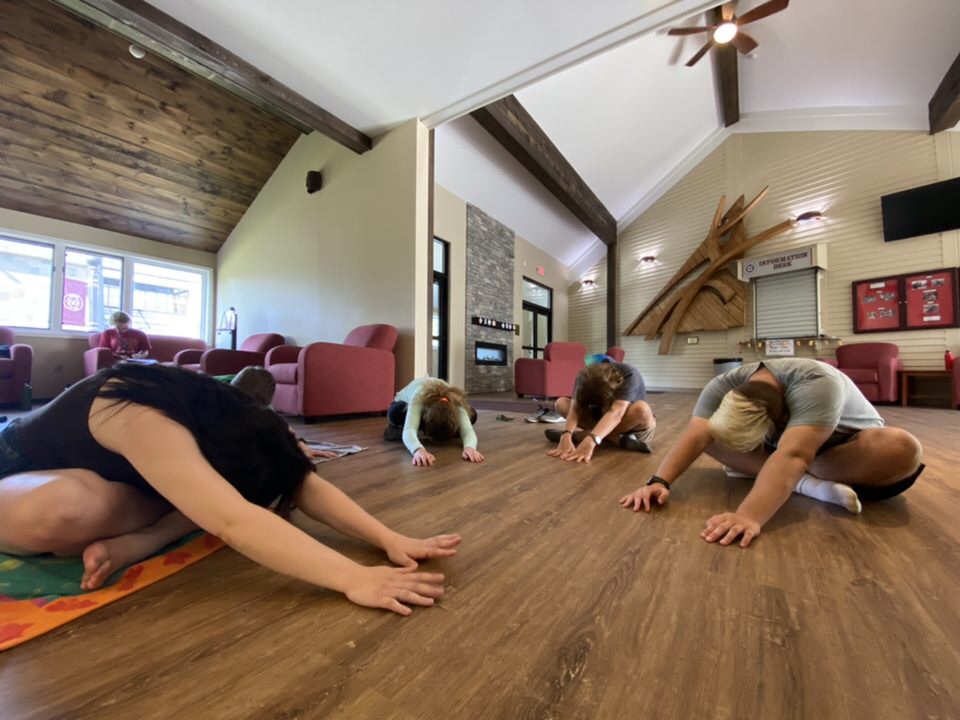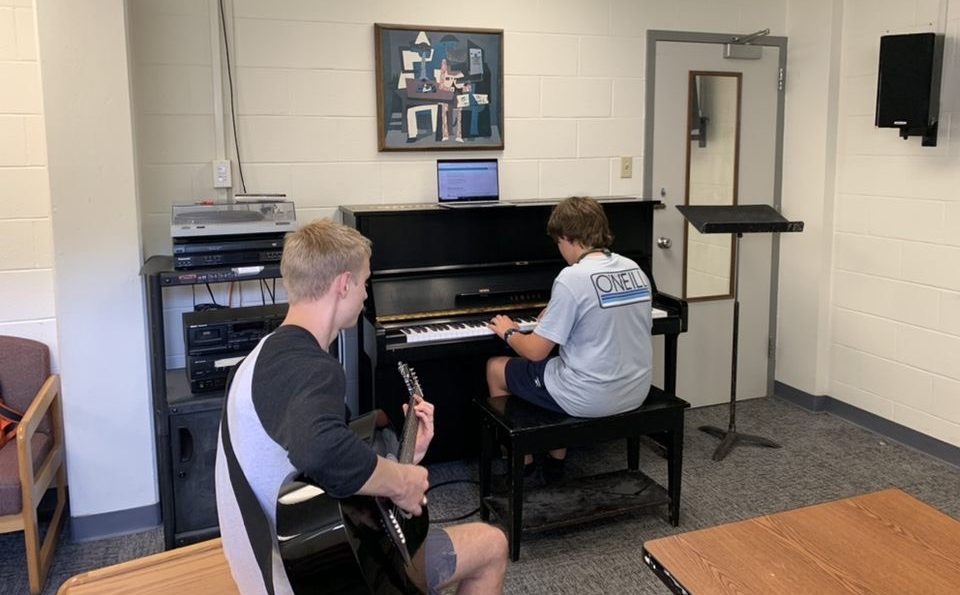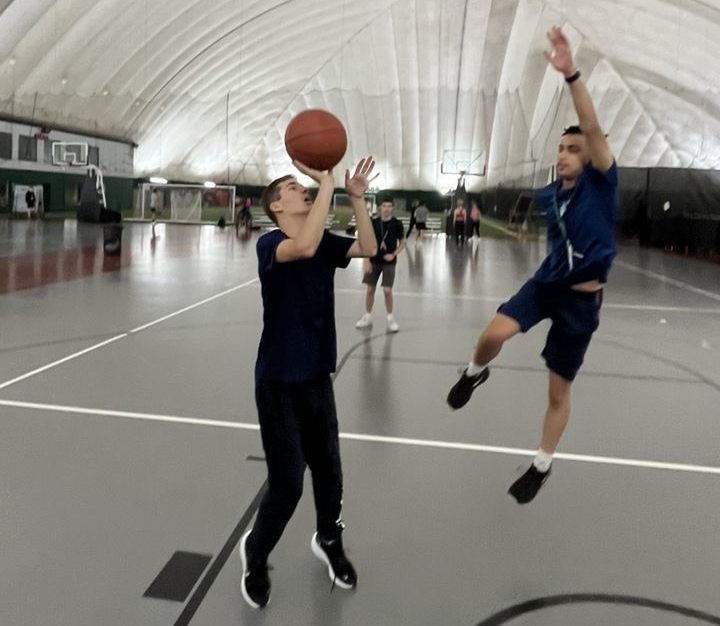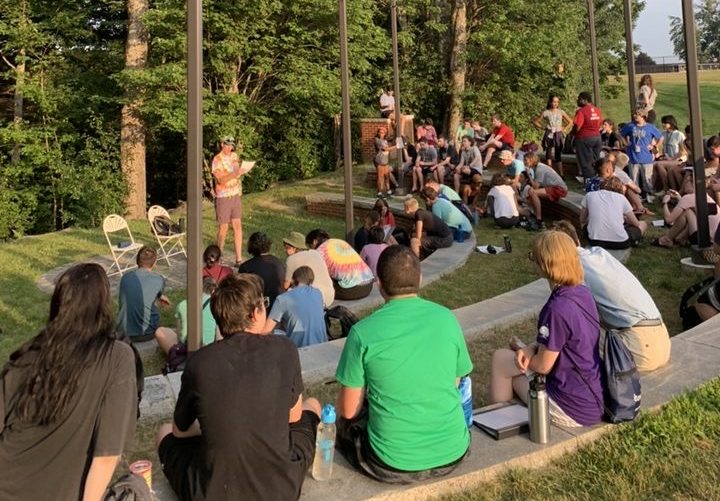
The other night I had the pleasure of viewing a webinar led by a mother and her young adult son with Asperger’s syndrome about building independence for teens on the autism spectrum. The webinar was hosted by the Autism and Asperger’s Network (AANE), a great resource for families with teens with autism spectrum disorder. It was interesting to hear the journey of the young man from his elementary years to his adulthood and how he and his family worked on his independent living skills. Two of the major points the mother and her son made about building these skills were the importance of self-advocacy and the difference between independence and interdependence. As I recently wrote about the importance of self-advocacy, I thought I’d focus more of the independence vs. interdependence concept in this blog.
Much of the focus for teens on the autism spectrum is building independent living skills so they can live on their own after high school, whether that be in a college setting or in the “real world.” For people with Asperger’s syndrome who can be very black and white thinkers, the word independent can be mean something that we don’t intend for it to mean. For the specific young man hosting the webinar, independent meant fully independent. He became anxious thinking that he would have to do all these new learned skills on his own without any support. He didn’t realize that being independent does not mean that you cannot ask for support when needed. His mother made it clear that the word interdependent helped her son realize that he could still be an independent person while also asking for help when he needed it.
The discrepancy between independence and interdependence really struck me during the webinar. It made me think about my own life, along with all my peers, family, and colleagues, and realize that we are all interdependent, and not truly independent. We all seek out support during various times in our lives because we’re able to advocate for ourselves. This young man’s understanding that it’s okay to be interdependent allowed him to be a stronger self-advocate. which is quite possibly the most valuable skill young people with autism need to develop to have successful and independent adult lives.



